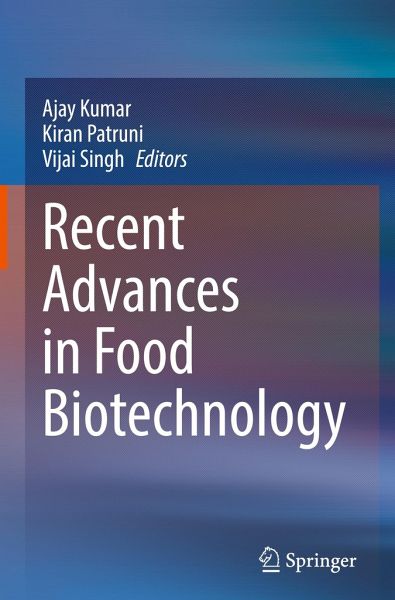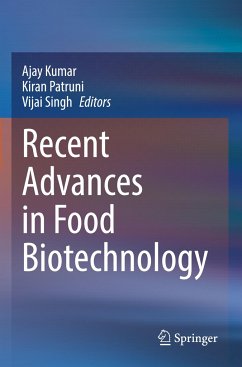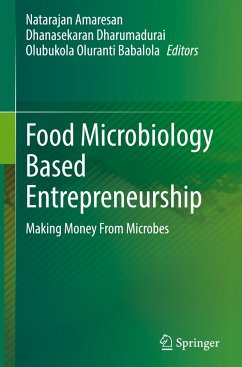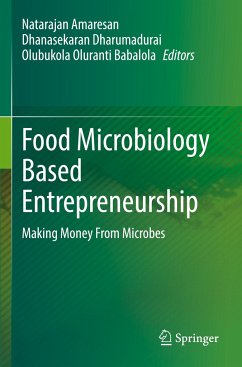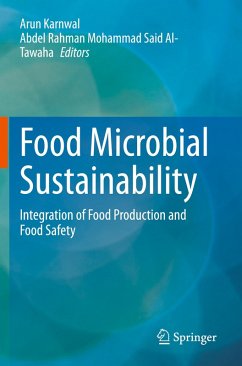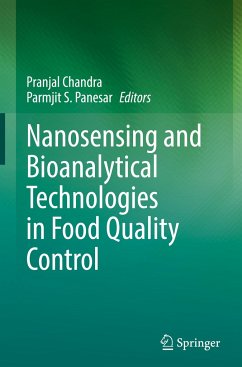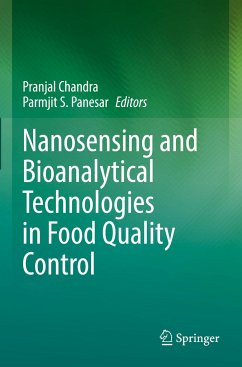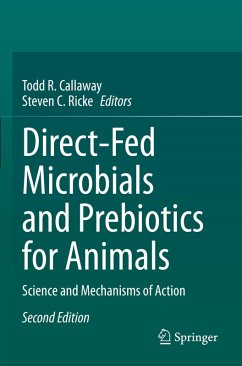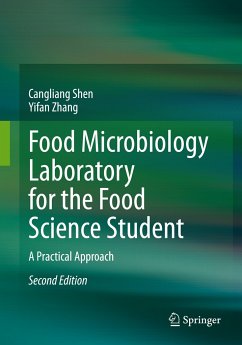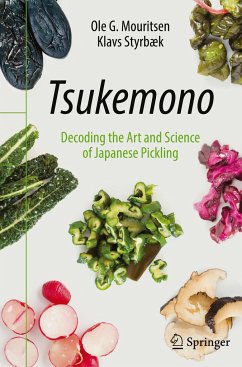Dr. Ajay Kumar as a Professor and Head of the Department of Biotechnology at the Faculty of Engineering and Technology at Rama University Uttar Pradesh, Kanpur, Dr. Kumar has successfully served more than 20 years in research and teaching. He has a proven experience in Genomics & Proteomics, Bioprocess Engineering, Bioinformatics, microbiology, industrial microbiology, Genetic Engineering, Fermentation Technology, and Food Biotechnology. He has held several key positions in well-renowned Universities and Engineering Institutes. Dr. Kumar received his M. Tech. (Biotechnology) from the Institute of Engineering & Technology, Lucknow, India and Ph.D. from the ICAR-Central Institute for Research on Goats, Mathura, India. His expertise lies in research that includes computational vaccine & drug development, genomics & proteomics, and fermentation technology. He has published 90 articles, 5 chapters, 3 books, and 2 patents. He has also served as chief and associate editor, editorialboard member, and reviewer of several peer-reviewed journals. He is a research guide in his supervision M. Tech and Ph. D. scholars awarded their degree and supervising. Besides all these achievements, he is also a member of the Board of Study and Academic Council of Rama University Kanpur and Regional Food Research Analysis Center, Department of horticulture & food processing, Lucknow, Uttar Pradesh. Being a member of a professional body such as the international association of engineers (IAENG) and INSA, he has rendered consultancy services in vaccine research. Dr. Kiran Patruni is currently working as Assistant professor in the Department of Biosciences, Indrashil University, Rajpur, Mehsana. He has received his Ph.D. from Indian Institute of Technology (IIT)-Kharagpur. During his PhD, he developed Reconstituted Aloe vera hydrogels protocols for health promoting plant-based gels and published 5 international articles with multidisciplinary research approach. He is well versed in correlating the mechanical behaviour with structural aspects of biopolymer mix gels, complex suspensions, hydrogels, sol-gel, fluids, mix gels. He has extensive research experience in the field of process development and characterization of biopolymer food gel formation. His research interest in the area of mix food gels formation, food fortification and 3D food printing etc. He serves a reviewer of many peer-reviewed journals. Dr. Vijai Singh is an Associate Professor and Head of the Department of Biosciences, School of Science at Indrashil University, Rajpur, Mehsana, Gujarat, India. He was an Assistant Professor in the Department of Biological Sciences and Biotechnology at Institute of Advanced Research, Gandhinagar, India and also an Assistant Professor in the Department of Biotechnology at the Invertis University, Bareilly, India. Prior to that, he was a Postdoctoral Fellow in the Synthetic Biology Group at the Institute ofSystems and Synthetic Biology, Paris, France and School of Energy & Chemical Engineering at the Ulsan National Institute of Science and Technology, Ulsan, South Korea. He received his Ph.D. in Biotechnology (2009) from the National Bureau of Fish Genetic Resources, Uttar Pradesh Technical University, Lucknow, India. During his PhD, he has cloned, expressed and characterized hemolysin from Aeromonas hydrophila in Escherichia coli. He has extensive experience in Synthetic Biology including MAGE, small regulatory RNAs, pathway designing, CRISPR-Cas systems, and microfluidics. His research interests are focused on building novel biosynthetic pathways for production of medically and industrially important biomolecules. Additionally, his laboratory is working on CRISPR-Cas9 tools for genome editing. He has more than 9 years of research and teaching experience in synthetic biology, metabolic engineering, microbiology, and industrial microbiology. He has published 76 articles, 40 chapters, 11 books and 2 patents. He serves as an associate editor, editorial board member and reviewer of a number of peer-reviewed journals. He is also a member of the Board of Study and Academic Council of Indrashil University and is the Member Secretary of Institutional Biosafety Committee (IBSC) in the same University.
